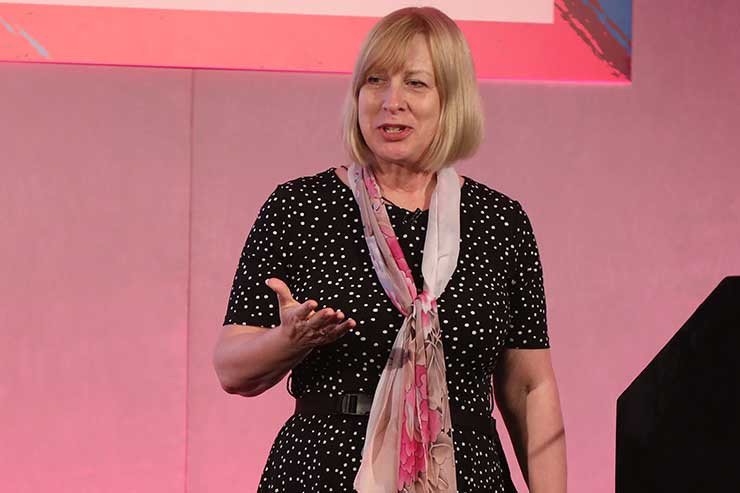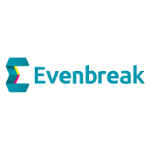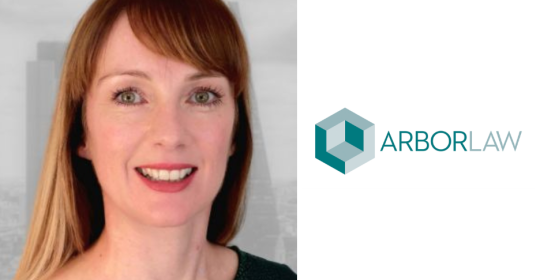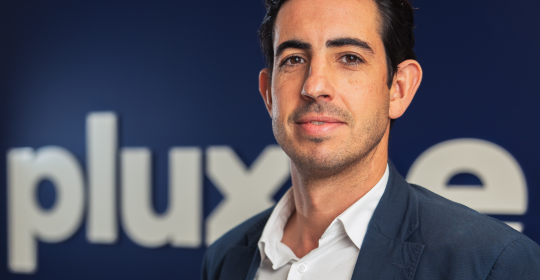Employers are increasingly aware of the business benefits of employing disabled people. On average disabled employees are just as productive as non-disabled people, have significantly less time off, fewer workplace accidents, and stay in their jobs longer. They have inside intelligence on the “purple pound” (the estimated £249 billion that disabled spend annually in the UK) and can bring specific skills with them.
However, disabled people are notoriously difficult to attract when advertising vacancies, because a lifetime of experience of being rejected as soon as the matter of disability is raised can make them wary of applying. Recruiters need to work a bit harder to attract this pool of talented candidates.
Here are a few ideas for attracting disabled candidates:
Review your recruitment processes – are there any barriers in your recruitment process which might exclude disabled candidates or put them off applying? If so, can you find ways of working around them (for example, people with learning difficulties may find completing an application form off-putting, and people on the Autism Spectrum can find attending interviews very difficult).
Work in partnership with specialist agencies – there are a number of local and national organisations who exist to help disabled people back into employment. They may offer candidates support in employability and sometimes offer job coaches, who will help the candidate in their first few days or weeks at work until they are confident in the role. This can be particularly effective for candidates for entry-level roles.
Gain relevant accreditation – recruitment firms can meet certain standards to demonstrate their commitment to inclusive and accessible practice, giving disabled candidates the confidence to apply. These include Disability Confident, the Mindful Employer symbol and the Disability Standard. Entering the RIDI awards (specifically for the recruitment industry) can put you way ahead of other recruiters.
Take positive action – these are opportunities to attract applicants who might not otherwise apply. This can range from a positive statement on the job advert (e.g. “we particularly welcome applications from disabled people”) to where the advert is placed – for example in a disability magazine or journal, or by sharing vacancies with particular disability organisations.
Use specialist job boards and agencies – good specialist job boards (alert – shameless self-promotion!) and agencies for disabled candidates will be using a wide range of methods to engage with them, doing the hard work for you.
Use social media – social media has opened up opportunities for disabled candidates (but beware of the potential for unconscious bias). LinkedIn, Facebook and Twitter are increasingly being used to find candidates, and if used with care can be effective.
Offer support – for example, in filling in application forms, and making it easy to ask for reasonable adjustments throughout the recruitment process without fear of discrimination.
The important factor when deciding which strategies to use to increase the diversity of applicants attracted is to monitor the results for diversity. These strategies are unlikely to increase the volume of candidates attracted vastly but will change the profile in terms of adding candidates who may not otherwise have applied. By monitoring the response from each activity, it is easier to decide which are most effective in providing the results required.
This blog was originally published here.
Author bio:
Jane founded Evenbreak (www.evenbreak.co.uk), an award-winning social enterprise run by and for disabled people. This helps employers attract and retain talented disabled people through a specialist online job board and a best practice portal.
Disabled herself, Jane recently published “A Dozen Brilliant Reasons to Employ Disabled People”. She is the Patron of the Inclusive Skills Competitions and on the executive board of the Recruitment Industry Disability Initiative. She was also used as a recruitment expert in BBC2’s “Employable Me”.







